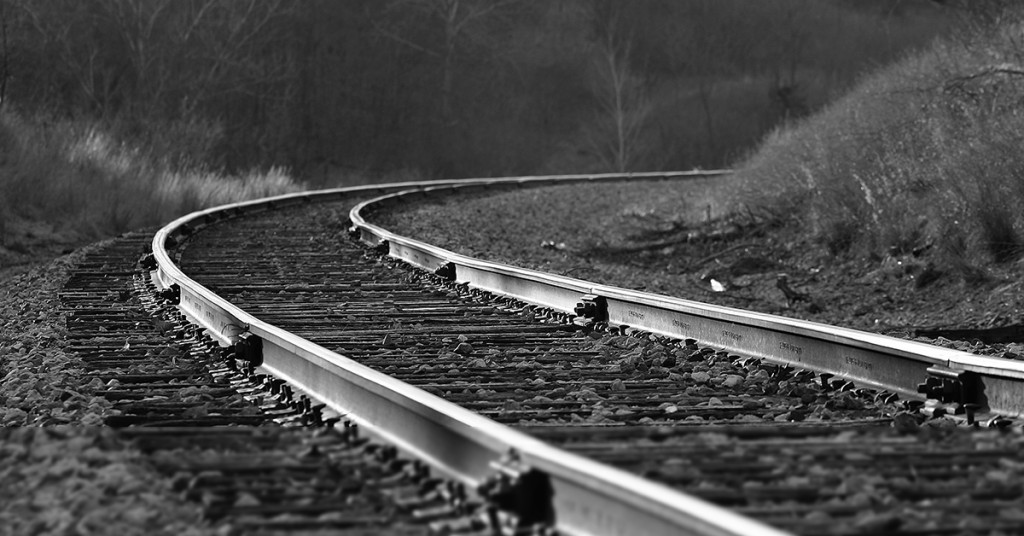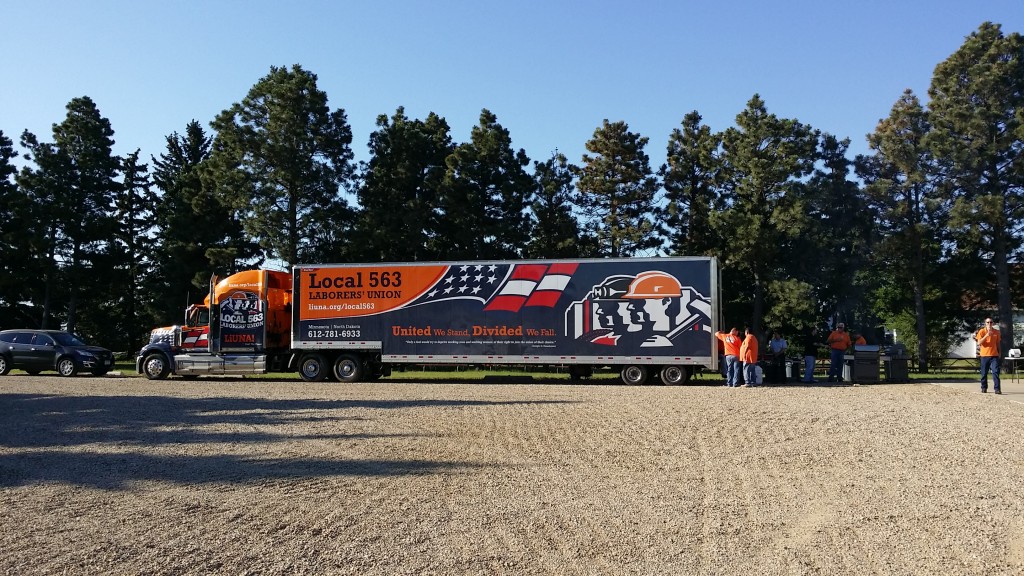
By Ed Wiederstein, Chairman of the Midwest Alliance for Infrastructure Now Coalition
There’s a good reason that Iowa has established an Iowa Utilities Board. It is an organization designed to look at the facts, letting professionals and not politicians decide on important matters for our state.
The issue of a proposed pipeline is vitally important to our state. We can’t let interest groups try to take over the process assigned to the Iowa Utilities Board. But that isn’t stopping the Iowa Citizens for Community Improvement (ICCI), a left-leaning anti-energy development group, from efforts to keep the board from an impartial review based on the facts.
In mid August Utilities Board staff traveled to the ICCI office to hear the special interest group “hammer home two critical demands,” according to ICCI’s Facebook page. Those demands? The first was for a delayed public hearing. The second was simply to deny the pipeline permit.
In other words, the ICCI believes that board should ignore input from the public or any other group and just go ahead and say “no,” regardless of the facts. That’s not the way things should work in this state.
In question is the Dakota Access Pipeline Project. It would carry up to 570,000 barrels of light sweet crude oil a day from North Dakota to Illinois, where the oil would be distributed to U.S. markets in the Midwest, East Coast and the Gulf. Thousands of jobs will be created and billions will be invested. Millions in new tax revenue will be generated across the state.
Farmers and other landowners will benefit from easement payments as well as extensive coordination on land use and protection. Not to mention the influx of crude oil onto the market, upon which our entire economy depends.
Despite these facts, the ICCI continues to spread misinformation about this project. It claims that shutting down the proposed pipeline would stop the passage of oil through Iowa. But the reality is that without the pipeline, we would see the continued use of a tremendous number of trucks and rail cars passing through Iowa with loads of oil. It is clearly true that pipelines are the safest way to transport oil. Rails and trucks can be put to better use for transporting agricultural products rather than in competition with farmers.
The ICCI has told the Iowa Utilities Board that its view is “in the best interest of Iowans.” That’s pretty cheeky. We don’t believe it’s in the best interest of the farmers who would lose revenue from their land use. It’s not in the best interest of those like farmers who rely on rail transportation. It’s not in the best interest of any Iowans traveling on roads and highways filled with unnecessary tanker trucks.
Let’s stop the drama from special interests. We believe that when the Iowa Utilities Board looks at the facts, it will support the pipeline. Regardless, it is critical that the board’s decision be unbiased and fact-based.
Ed Wiederstien is an active farmer in Audubon County in rural Iowa, and is a past president of the Iowa Farm Bureau Federation.




